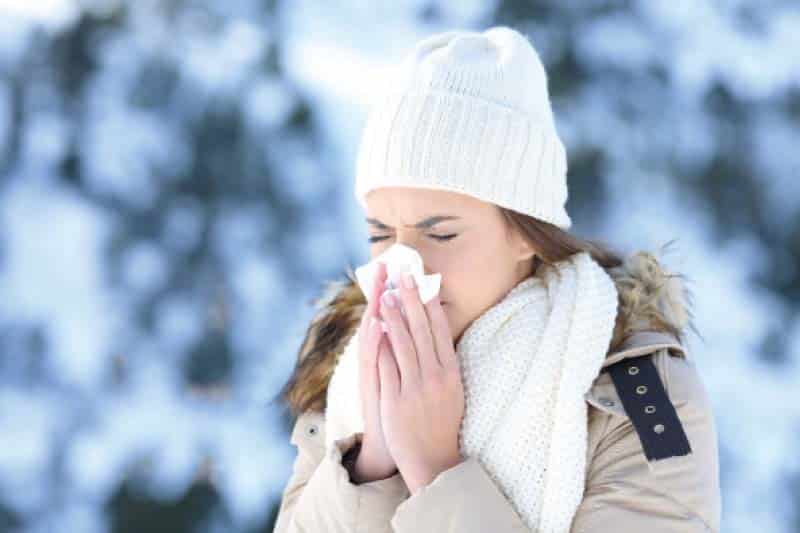 This year’s flu season is fully underway, but it is not too late to protect yourself and your family from the virus. Fever, chills, a sore throat and a runny nose are a few of the symptoms associated with coming down with influenza, but it could be even more serious for those most vulnerable, such as small children, the elderly and the chronically ill. Northwell infectious disease specialist Dr. Bruce E.
This year’s flu season is fully underway, but it is not too late to protect yourself and your family from the virus. Fever, chills, a sore throat and a runny nose are a few of the symptoms associated with coming down with influenza, but it could be even more serious for those most vulnerable, such as small children, the elderly and the chronically ill. Northwell infectious disease specialist Dr. Bruce E.
Hirsch shared these prevention tips to help you stave off sickness.
Get A Flu Shot
It’s not too late to get this year’s vaccine. While it’s possible to contract the flu anytime of year, activity often begins to increase in the fall and peaks between December and February, according to Centers for Disease Control and Prevention. Hirsch said the flu shot—which is available free of charge at many pharmacies and medical centers across Long Island—is the best method of prevention.
“The vaccine is important,” he said. “We encourage people to get the flu vaccine even late into the season.”
Hirsch noted that one essential way to protect others from getting the flu is to prevent ourselves from transmitting it by getting the vaccine. The flu is highly contagious, and the best way to protect everyone, especially those who are most susceptible, is to vaccinate those around them.
“By you getting the vaccine yourself, you’re helping people around you avoid sickness,” he said.
Wash Your Hands
In addition to getting vaccinated, frequent hand washing and use of hand sanitizer are among the best things you can do to lower your risk of contracting the flu, Hirsch said. People are contagious with the flu a day before they start to have symptoms so practicing good hand hygiene on a daily basis puts you ahead.
Avoid Touching Your Face
Along the same lines, touching your face as little as possible is another key element of prevention. The flu is spread through the air and by touching infected surfaces. Contracting the virus is as easy as inadvertently touching an infected surfaces and then touching your hand to your eyes, nose or mouth, Hirsch said.
Another tip, “Cough into your elbow instead of your hand,” he said. “You don’t touch surfaces with your elbow, it is a way of containing the virus if you’re sneezing or coughing.”
Use Bleach Wipes
Disinfecting frequently touched surfaces at home, work and school, especially when someone is sick with the flu, can drastically cut down risk of infection. Hirsch recommends keeping bleach wipes handy to sanitize high traffic areas easily.
Practice Health Habits
Another benefit of following a healthy lifestyle is staving off the flu. Clocking in the recommended six to eight hours of sleep a night, being physically active and managing stress gives your body a healthy baseline for fighting the virus.
“Common sense health practices are important for reducing your risk of getting the flu,” he said.
Nutrition is also key. Diets that are rich in fruits, vegetables, lean protein and healthy fats provide a wide array of nutrients and antioxidants that can help boost the immune system. Fiber, Hirsch said, is another dietary staple for flu prevention. One study, published in the health journal Immunity, showed that dietary fiber increased survival rates in influenza-infected mice by setting the immune system at a healthy level of responsiveness.
One final note from Hirsch, “Be a hero by staying home when you’re sick to avoid getting others sick.”


















